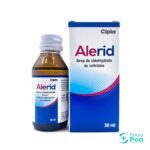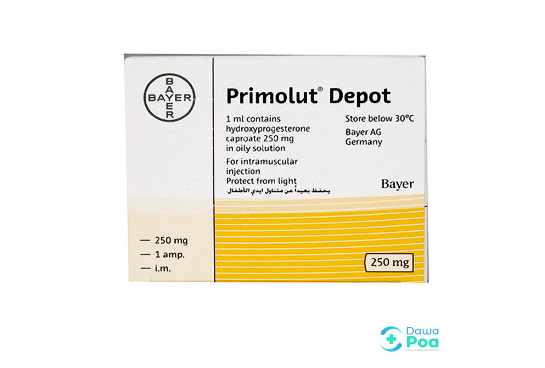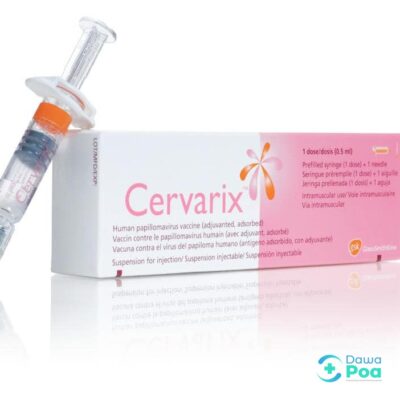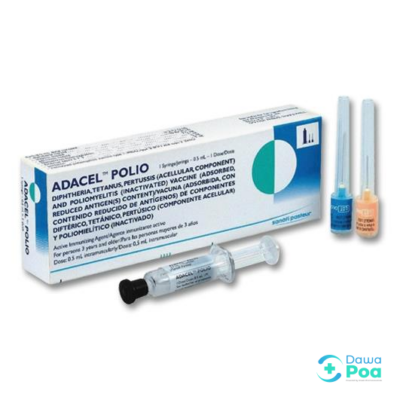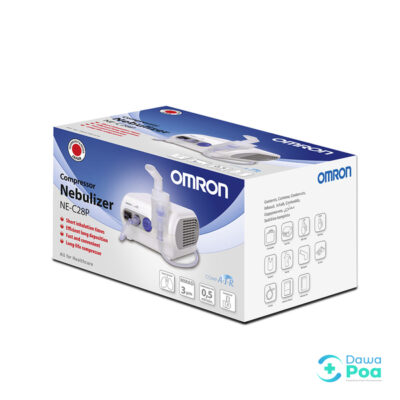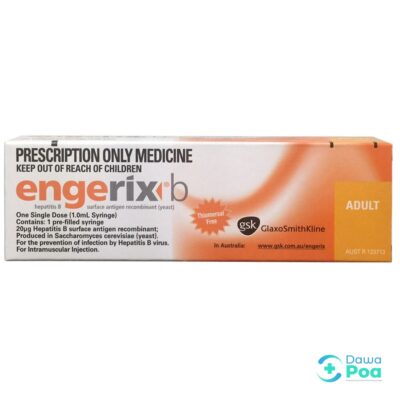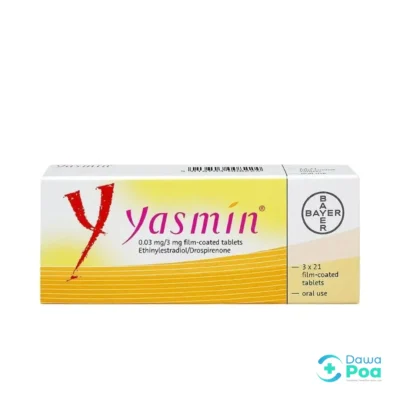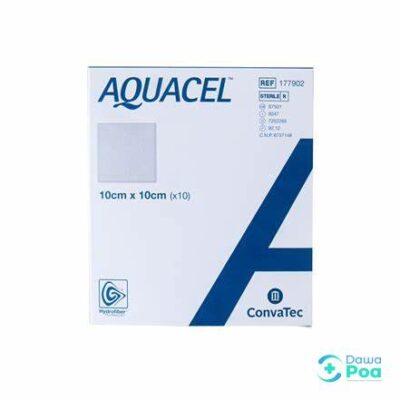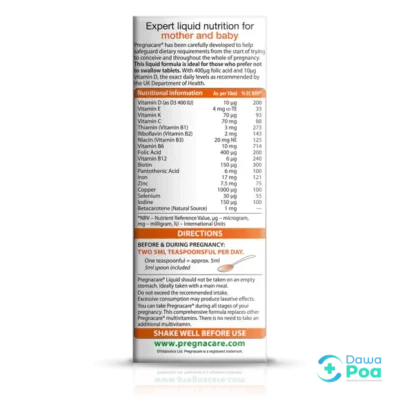Primolut Depot 250mg
KSh 1,270.00
Primolut Depot 250mg is used to prevent premature labour in pregnant women and manage other gynaecological hormonal disorders. It is especially effective for those with a history of premature births, significantly reducing the risk of miscarriages and preterm deliveries. Active Substance: Hydroxyprogesterone Caproate 250mg/ml
Out of stock
Reproductive Health
Suggested Use
Primolut Depot:
- Prevents preterm labour in women with a history of early births.
- Manages habitual and imminent abortion.
- Treats infertility caused by corpus luteum insufficiency.
- Addresses primary and secondary amenorrhoea.
Dosage Guidelines:
- Preterm Labour: 250 mg intramuscularly once a week, starting between the 16th and 20th week of pregnancy until the 37th week or birth.
- Habitual Abortion: 250-500 mg intramuscularly once a week during the first half of pregnancy.
- Imminent Abortion: 500 mg intramuscularly 2-3 times a week until bleeding stops, then 250 mg twice-weekly until symptoms resolve.
- Infertility: Single dose of 375 mg, with possible repetition at four-week intervals if necessary.
Warning
- Contraindications:
- Known hypersensitivity to hydroxyprogesterone caproate or any other ingredients.
- Active or previous thromboembolic disorders.
- Severe liver dysfunction or liver tumours.
- Known or suspected hormone-dependent malignancies.
- Unexplained vaginal bleeding.
- Use with Caution:
- In patients with a history of cardiovascular disease or hypertension.
- In diabetics, as it may affect glucose metabolism.
- During lactation, as the drug may pass into breast milk.
- Pregnancy:
- While it is used to support pregnancy in specific cases, it should not be used indiscriminately without a clear indication from a doctor.
- Side Effects:
- Nausea, headache, or dizziness.
- Weight changes or fluid retention.
- Local irritation or pain at the injection site.
- Rarely, thromboembolic events or allergic reactions.
- Interactions:
- Inform the doctor about any medications being taken, as Primolut Depot may interact with enzyme-inducing drugs (e.g., certain anticonvulsants or antibiotics).



